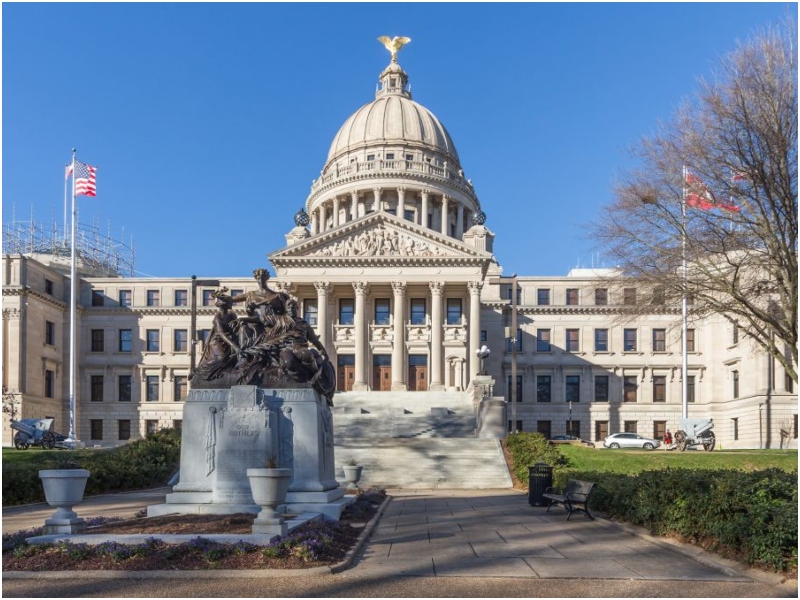A proposed cost-cutting bill in the Mississippi Senate is causing significant concern as it aims to shut down three state-funded higher education institutions by June 20, 2028.
The controversial legislation, if passed, would task the Board of Trustees of State Institutions of Higher Learning with selecting three out of the eight existing universities for closure based on factors such as enrollment, graduation rates, offered degrees, and local economic impact.
Among the targeted schools are three historically Black colleges and universities (HBCUs), namely Alcorn State University, Delta State University, and Jackson State University.
These institutions play a crucial role in providing education and opportunities for Black students in Mississippi. If a college is closed, its assets may be transferred to another state agency or nonprofit, while research institutes or laboratories could be relocated to other schools.
The proposed bill has raised concerns about its potential impact on access to higher education, particularly for minority and underserved communities.
In a letter dated September 18, 2023, U.S. Secretary of Education Miguel Cardona and U.S. Secretary of Agriculture Thomas Vilsack highlighted a significant shortfall of $257,807,216 in agricultural funds owed to Alcorn State University by the State of Mississippi over the past three decades.
Alcorn State University serves a predominantly Black student population, with Black students comprising around 98 percent of its enrollees and being awarded 610 degrees in 2021.
While the bill is still in committee, its passage could drastically alter the higher education landscape in Mississippi.
The state already faces challenges with low college graduation rates, ranking 49th in the nation with only 22.8% of residents holding bachelor’s degrees or higher.
The potential closure of these institutions underscores broader educational issues within the state and raises questions about equitable access to higher education opportunities for all Mississippians.

